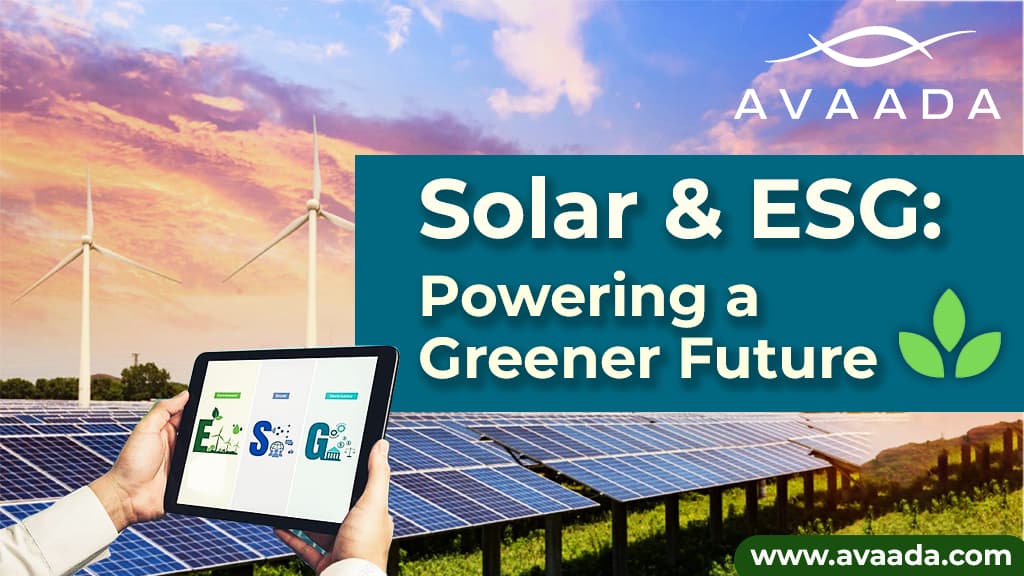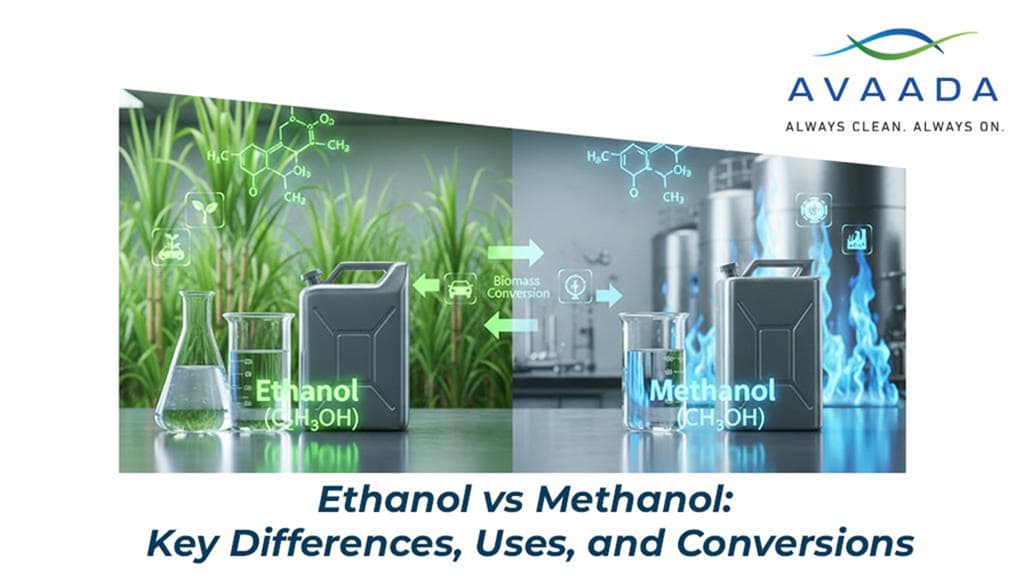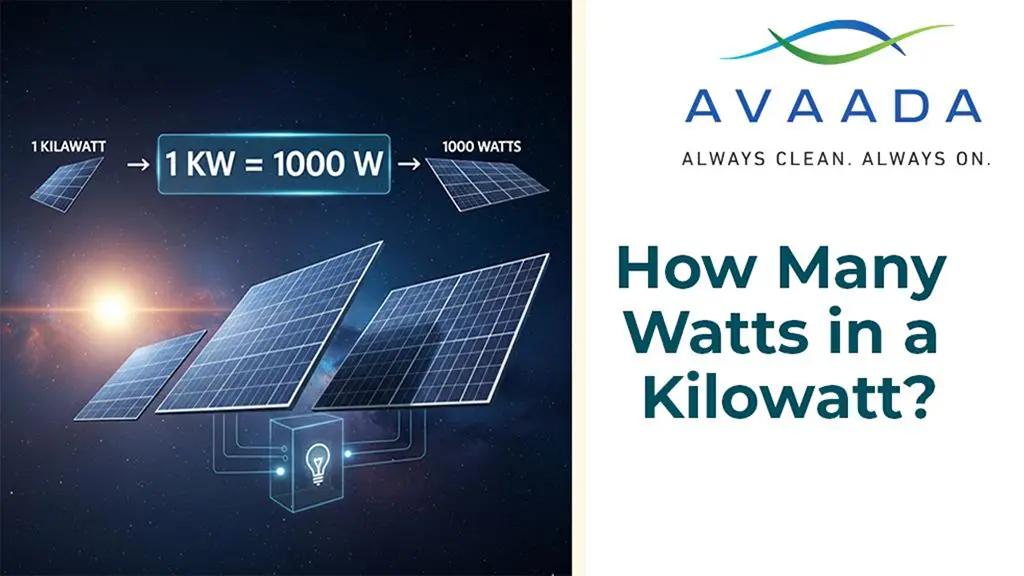Over the past few years, ESG (Environmental, Social, and Governance) has been a significant framework for evaluating how responsibly companies do business. With increasing issues regarding climate change at an alarming level, clean and renewable energy takes centre stage in green development. Solar energy is one of such cleanest approaches among them. But just how sustainable is solar energy? And what is the contribution of large solar energy players such as Avaada in fueling this green revolution in India?
This blog explores the interface between ESG concepts and solar power, and how players such as Avaada are at the forefront in taking us towards a cleaner, greener world.
Environmental Impact of Solar Energy
- Zero Emissions at Point of Generation: Solar energy produces electricity, free from carbon dioxide, sulfur dioxide, and nitrogen oxide emissions. This drastically reduces air pollution and helps in combating global warming, thereby paving the way for a greener and cleaner environment for humans to live on planet Earth for present and future generations.
- Reduces Dependence on Non-Renewable Resources: We are saving finite resources by choosing solar power over coal and oil and away from extracting and burning such resources.
- Low Water Use: Conventional power plants consume huge amounts of water for cooling, solar photovoltaic (PV) systems require minimal water for cleaning of modules in the production of electricity and are, therefore, ideal for water-scarce areas in India.
Social and Governance Benefits of Solar Energy
- Social Access to Electricity: Solar power can help electricity to reach isolated and rural communities, improving education, healthcare, and livelihood opportunities.
- Job Generation: The solar industry has emerged as a thriving job creator, particularly in developing economies such as India.
- Transparency in Supply Chains: Material sourcing and manufacturing that are ethical and sustainable are increasingly being sought by ESG-aware investors.
- Regulatory Compliance: Top solar energy firms adhere to strict environmental and labour regulations, highlighting their dedication to sustainable governance.
Avaada: Leading ESG & Solar Solutions in India
One of India’s leading players in the field of renewable energy is Avaada, which has played a key role in making solar development associated with ESG values.
Learn more about the Top 10 States in India for Solar Installation Capacity
Recent ESG Projects by Avaada:
- Green Hydrogen Projects: The firm Avaada is actively investing in green hydrogen projects in industrial areas near Delhi, Ghaziabad and Gurugram to develop renewable substitutes for the current fossil fuel-based energy systems.
- Community Development: Avaada offers support to rural education, women’s empowerment, and health under the CSR initiative.
- Sustainable Infrastructure: The company makes use of advanced technologies to reduce carbon footprints and ensure energy efficiency in its solar farms.
Avaada has demonstrated the possibility for Indian solar energy firms to effectively incorporate ESG into their business model in developing 11 GW of renewable energy capacity by 2026.
Challenges in Solar's ESG Footprint
Although solar energy is among the cleanest sources of energy, it has some problems to be solved:
- E-Waste Disposal: It is hazardous if panels/batteries are not recycled or disposed of at the end of their life.
- Conflicts over Land Use: If not managed properly, solar farms on a large scale might create land acquisition problems.
- Ethics of Supply Chain: ESG reporting requires ethical procurement of raw materials, such as silicon and rare earth materials.
Nowadays, after some improved recycling policies, innovation, and responsible procurement, all these issues are gradually being overcome.
Why Solar is Important to India's Sustainable Future
India offers a vast geography with great solar insolation rates, making it an excellent prospect for its growth as a developing nation. In this regard, ambitious policies like the National Solar Mission and Production Linked Incentive Scheme (PLI) make the shift to a green future plausible for the nation.
In partnering with better-known solar energy players, such as Avaada, industries and individuals can confidently make the shift towards green energy, knowing they are making an ESG-positive decision.
For insights into the latest developments and future outlook of solar panel production, check out the blog on ‘PV Manufacturing Trends in India’.
Conclusion
Avaada stands out among solar energy companies in India for its deep-rooted ESG commitments and forward-thinking solar solutions. If you’re looking to adopt clean energy while supporting sustainable development, Avaada is a name to trust.









